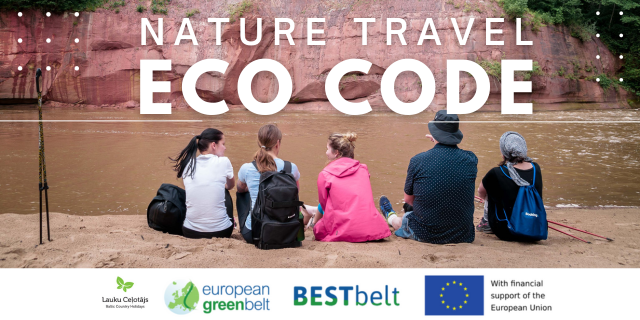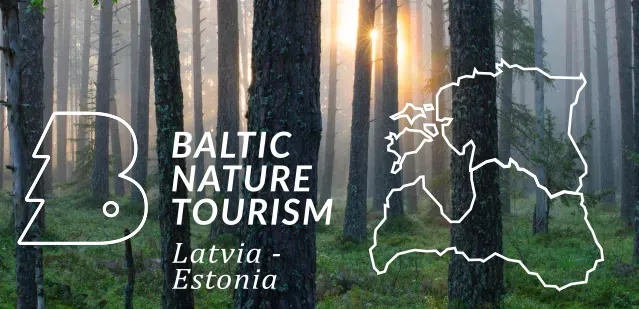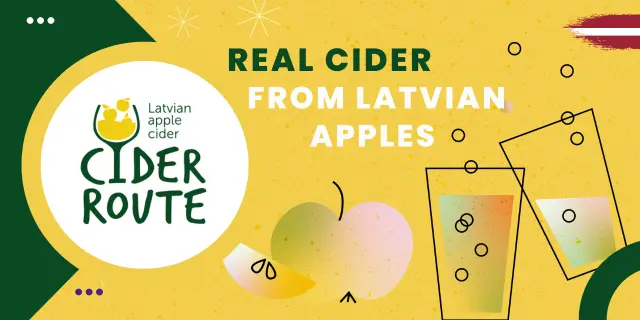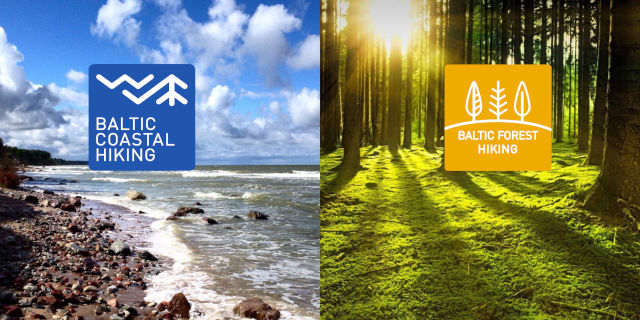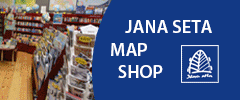

"Home Café Days" in Talsi and the region on September 4-5!
Talsi has long since been known as the City of Nine Hillocks because of its special terrain and lovely landscapes. The Talsi Castle Hill, Ķēniņkalns Hill, Lēču Hill, Tiguļu Hill, Sauleskalns Hill, Baznīckalns Hill, Krievragkalns Hill, Vilkuiža Hill and Dziravkalns Hill are surrounded by Lake Talsi and Lake Vilkmuiža, and that provides the town with characteristic, but unique buildings.
"Home Café Days" in Talsi and the region, with 13 home cafés inviting visitors to come for a visit.
All events can be found under "Home Cafés" or on the "Map" (in Latvian).
Follow along with the news and be the first one to learn about new events!
|
|
What to do and see in Talsi and its region?
Talsi and its beautiful landscapes have always inspired creative people. Famous artists and old masters from Talsi have painted lovely landscapes over the course of the centuries. Visitors can view the town through the eyes of artists by following a route that features 34 paintings -- "Art Blooms in Talsi." The paintings are displayed alongside the landscape that each one features. The heart of the Old Town is the creative garden of the Talsi People's Centre. It was created in 2013 as a modern interior courtyard for craftspeople, photographers, musicians and artists. The terraces on the roof offer lovely views. Visitors can look at the work of local craftsmen. Those who apply in advance can make their own souvenir. Opposite the Old town is the Deviņkalnu disc golf park for enthusiasts. The park has 19 baskets, and people are asked to bring their own discs, though equipment can be rented there on the spot. Lake Sasmaka is the only lake in Latvia that is spanned by a bridge. The popular and well-appointed beach in Valdemārpils offers sports areas, places for picnics, outdoor exercise equipment, tenting areas, a playground for children, as well as rental of SUP boards, bicycles and boats.
The Nurmuiža Estate was built during the last half of the 16th century as the castle for a vassal of the Livonian Order. The Fircks dynasty owned it for nearly four centuries. The rooms in the castle can be seen as one of the most effective examples of Neo-Classicist interior designs in Latvia. Major reconstruction has happened during the last few decades, restoring most of the buildings -- the gardener's hut, the smithy, the stables for horses, the shed for sheep, the shed for cattle, the servants' home, the granary, the saloon, the greenhouse, the orangery, the well-tended garden and the well-tended park. The Nurmuiža restaurant has earned the praise of gourmands and prominent people. The hotel opened this season.
The Fircks dynasty also owned the Firkspedvāle Estate near Sabile. Until 1939, when Baron Wolfgang von Fircks was repatriated, Pedvāle had 34 different owners. In 1991, sculptor Ojārs Arvīds Feldbergs purchased the estate and installed an art park there. Thanks to the ERDF project "Magnets Related to the Culture of the Jacob Road and Artistic Innovation," the mansion of Firkspedvāle was restored in 2020. It is now a residence for artists. The former synagogue was turned into the Sabile centre for culture, art and tourism.
The symbol of Sabile is Wine Hill, which is unique in that it has been recorded in the Guinness Book of World Records as the northernmost vineyard in the world. Grapes do grow there. The height of the hill is around 34 metres, and it soars above the town and the Abava River. The vineyard has 1.5 ha of land and has some 15 different types of grape plants -- some 650 plants in all. For the most part they were established by Latvian selector Pauls Sukatnieks. The "Zilga" brand of grapes grows the most. The hill also has more exotic fruit and nut trees -- peaches, apricots and walnuts.
Because of the lovely views of the ancient Abava River Valley, the region is also known as the Switzerland of Kurzeme. The Abava is a right-bank tributary to the Venta River, and it is the seventh longest river in Latvia. It flows 129 km, and it is longer than the Lielupe and Aiviekste rivers. The waterfall is approximately 2 m high and falls over a threshold of dolomite. This is a popular spot for water tourists. The banks of the river have outstanding places for picnics, and there is also a playground. Fish "fly" on the Abava during the spring. "The Chambers of Māra" are one of the most popular destinations in the park. It is a natural system of sandstone caves on the right bank of the valley. Since the mid-20th century, there have been various legends about the chambers. One has to do with "sacred maidens" who lived here and did their laundry on Friday evenings. That made the chambers steam.
► What are "Home Café Days"?
The yards of farms and other places that are not linked to dining and accommodations on a daily basis will turn into cafés for a day or two. Guests will be able to taste local foods to learn new flavours, as well as to enjoy an interesting cultural programme. Each farm has families and/or friends who will prepare a special offer -- flatbreads, cakes, casseroles etc. to be served with tea or coffee. Each farm will present the name of its café, and the products will be served with characteristic cultural characteristic and stories. There will also be various cultural activities such as handicrafts, games, playing of musical instruments, etc.
► "Home Café Days" all over Latvia this year, from July until October >>> celotajs.lv/majaskafejnicas.
Please note:
- When planning your route, you must get in touch with the desired destinations in advance. Contact information can be found in the sections "Home Cafés" and "Map".
- Make sure that you know the date and time when participants will be providing services. Usually that will be between 10:00 AM and 6:00 PM, but some venues may have different opening times.
- Make sure that you keep national epidemiological rules in mind to protect yourself, the people you are visiting, and other visitors, as well. For timely information about the epidemiological situation, please visit www.spkc.gov.lv (the Latvian Sickness Prevention and Control Centre), or covid19.gov.lv.
- The epidemiological situation may mean that there will be changes in the offers. Visit "Home Cafés" or "Map", to click on specific offers and see whether that is so.
- At some of the "Home Cafés," payment will only be accepted in cash.
We hope all guests will experience truly exciting adventures of taste!
"Home Café Days" in Latvia are organised by:
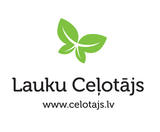

 visittalsi.com
visittalsi.com